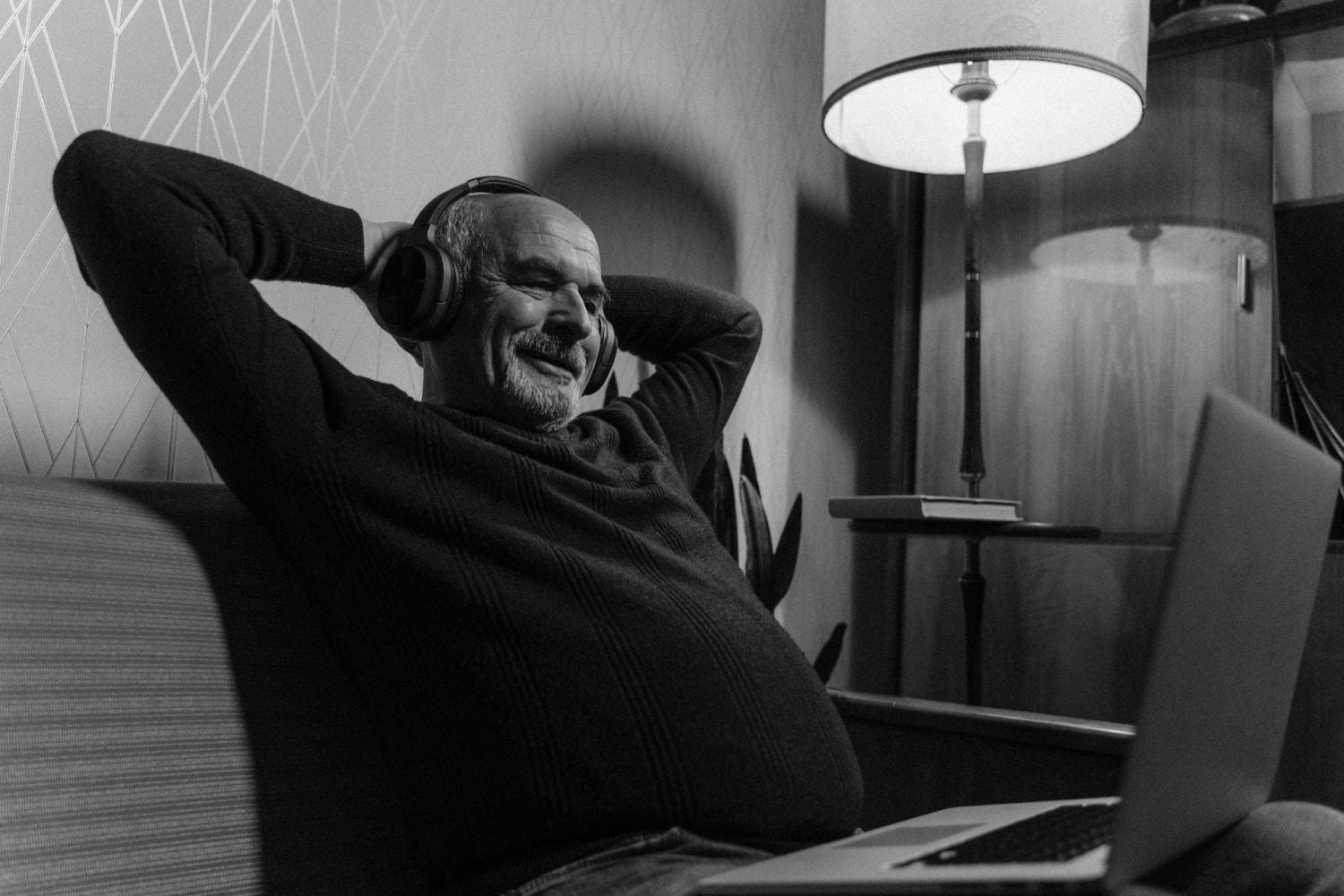When you retire, it is natural to feel a range of emotions: happiness, relief, and excitement, to name a few. But for some people, retirement can also be a time of stress, anxiety, and depression.
If you are feeling overwhelmed by these emotions, it is essential that you are not going through it alone. Fortunately, there are ways to manage these feelings and stay healthy and happy in retirement.
There are a lot of challenges that come with retirement, but it’s definitely not impossible to adjust. Additionally, there are plenty of ways to manage stress, anxiety, and depression in retirement, and with the right tools and resources, you can make this transition as smooth as possible.
Why Retirement Is So Stressful
The fear of retiring is genuine. It outranks the fear of getting sick or dying for many individuals. Like other worries and anxieties, it largely gets motivated by uncertainty.
People experience boredom, aimlessness, and isolation rather than feeling liberated, at ease, and satisfied. You can be sad about leaving behind your old life, anxious about how to occupy your days, or concerned about how spending the day at home will affect your connection with your partner.
Not only that but, you must be unsure how to cope with retirement’s stress and worry and how to adjust to not having a job to go to every day. With that comes the stress of not earning or even having enough funds to support your retirement.
There are a number of challenges that come with retirement, from adjusting to a new lifestyle to handle the stress of financial insecurity. The emotional obstacles of retirement can be just as challenging for many retirees as the practical hurdles.
Alas, we are here to help you out of this quicksand. So, read ahead and make your retirement easier for you!
How to Adjust to Retirement While Managing Stress, Anxiety, and Depression
Below are a few tips on adjusting to retirement while keeping your stress, anxiety, and depression in check.
1. Stay Active
One of the best ways to stay healthy and happy in retirement is to stay active. It could mean taking up a new hobby or sport, going for regular walks, or joining a social club. The key is to find something that you enjoy and that will keep you busy and engaged.
2. Stay Connected
It can be easy to feel isolated in retirement, especially if you no longer have a job or regular routine. But it is crucial to stay connected with family and friends, both in person and online. Join Facebook groups, online forums, or even have regular catch-ups over coffee. You will be surprised at how good it feels to stay connected with the people you love.
3. Seek Professional Help
If you are struggling with stress, anxiety, or depression in retirement, don’t hesitate to seek professional help. There are many qualified therapists who can help you manage your symptoms and live a happier life.
Tips for Managing Stress, Anxiety, and Depression in Retirement
Managing stress, anxiety, and depression in retirement can seem like a daunting task. But with the right tools and strategies in place, it can be possible! Here are a few tips to help get you started.
First, it’s critical to understand why retirement can be so stressful. There are numerous factors that can contribute, such as a loss of identity, a change in routine, or reduced social interaction. It is vital to identify what’s causing you the most stress and anxiety and then find ways to address those issues.
Moreover, to overcome the financial obstacles, you can go for reverse mortgage. Homeowners who are 62 years of age and older will be able to access the equity in their houses as cash without having to relocate. Seniors who wish to live in their current homes might use these loans to finance retirement. To calculate your reverse mortgage, use this link https://reverse.mortgage/calculator and save your future self-tons of time and money.
Additionally, make sure to take care of yourself both physically and emotionally. Exercise regularly, eat healthy foods, and get enough sleep. And make sure to take some time for yourself each day to relax and de-stress.
Final Thoughts
Retirement can be a challenging time, but with the right tools and support, it can be a rewarding experience too! This is the time for you to focus on yourself and your well-being! In the end, remember one thing. Do not try to go through retirement alone. There is help available for you!

















